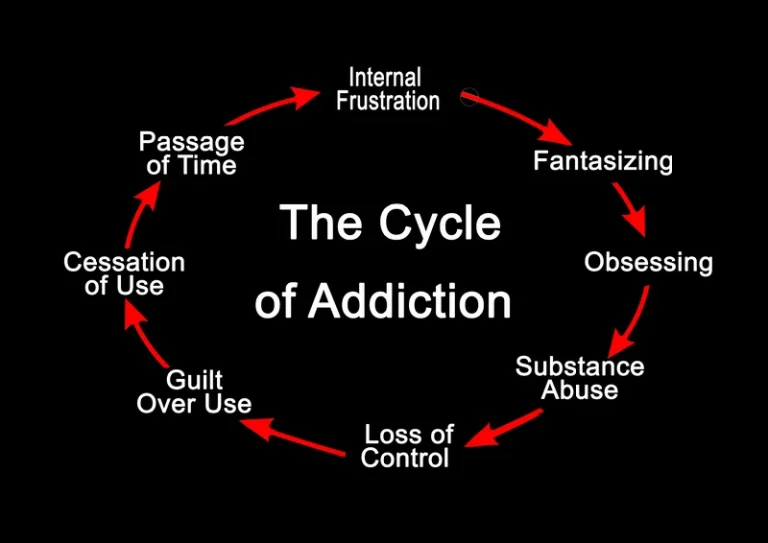Advice For Divorcing An Alcoholic

Remember, the well-being of your children is paramount, and seeking appropriate support and resources is essential. When divorcing an alcoholic spouse, it is important to be prepared for difficult conversations. In some cases, these conversations may lead to the realization that your quality of life would be better if you were to end the marriage. However, it is important to remember that high functioning alcoholic your spouse likely has a substance abuse disorder and may need professional help and alcohol withdrawal treatment. It is wise for divorcing spouses to consult experienced attorneys who specialize in family law and are knowledgeable about the legal implications of alcohol abuse. These experts can help protect their client’s rights and ensure a fair outcome during the divorce process.
Here is one reader’s story about divorcing an alcoholic:
We have written an article on the subject of California family law alcohol and drug testing and we encourage you to read it for more information. Those are courageous men and women who have overcome a terrible disease that can have debilitating consequences on the body and essentially every other aspect of life. Every day, week, month and year continues to be a battle for them to remain sober. There are many men and women who have suffered from alcoholism in their life but have achieved sobriety and maintained it.
What Is A High Functioning Alcoholic: 9 Signs To Look For
With their assistance, spouses have a stronger chance of securing the best possible outcome under their circumstances. It may affect various aspects of the divorce, such as child custody, property division, and spousal support. Understanding how alcoholism plays a role in divorce proceedings is crucial for protecting your rights and the well-being of your family.

What to Do if Your Spouse Attempts Treatment for Alcohol Abuse
It’s important to be honest with your children about what’s happening, but also to communicate in a way that is age-appropriate and non-judgmental. Encourage them to express their feelings and reassure them that they are not responsible for their parent’s behavior. Sometimes being served with a Complaint for Divorce is the necessary wake up call for a spouse to take sobriety seriously. If you are agreeable to reconciliation, you may consider a meeting with your spouse’s counselor and your counselor to determine reasonable expectations. Instead, seeking marital counseling to restore the damage that was done to the marriage will be a good option to start the healing. Depending on the length of your marriage, your spouse may request that you pay spousal support also known as alimony, due to their inability to work.
What Should I Do If My Spouse Refuses To Get Help For Their Alcoholism?
- Unfortunately, divorcing a spouse who is an alcoholic can add an extra layer of complexity and confusion.
- One way to protect your children is to establish clear boundaries with your alcoholic spouse.
- Other signs may include mood swings, irritability, and secrecy around their drinking habits.
- While it’s natural to feel anger and frustration towards your spouse for their behavior, it’s important to approach the situation with empathy and compassion.
- There can be guilt involved, along with fear, frustration, anger, resentment, compassion, and a lot of other emotions.
- A high functioning alcoholic might give in to temptation and drink when it’s inappropriate, and as a result, indulge in high-risk behaviors like driving under the influence or unsafe sex.
When your loved one decides to seek treatment for their addiction, the process usually begins by contacting a treatment facility. During this initial conversation, a representative will ask questions about your loved one’s drug history, health, insurance information and more. From there, they will discuss treatment options and can schedule a date for admission, sometimes within hours of speaking to a representative. The Recovery Village Cherry Hill at Cooper often accepts same-day enrollment in our treatment programs. The legal system aims to protect the child’s interests by carefully scrutinizing the parenting capabilities of an alcohol-dependent parent.

Many people with AUDs decide to have further treatment and support, such as attending group therapy, individual counseling, or support groups. Developing a financial plan is one of the first things you should do when considering a divorce. Start by gathering information on your assets and liabilities as well as income and expenses.
It is important to understand the legal landscape regarding marital assets and property division before making any decisions. In order to get an accurate assessment of the financial toll, it is recommended that couples work with experienced divorce attorneys who understand the nuances of their respective state’s divorce laws. Detox allows individuals to break their dependence on alcohol while providing them with support as they adjust to life without it.

Studies have shown that when one spouse has a drinking problem, the couple is much more likely to divorce. By evaluating the consequences of living with an alcoholic, you can gain a clearer perspective on the impact it has had on your life and make informed decisions about your future. Before proceeding with divorcing an alcoholic, it’s important to assess your situation thoroughly.
- It is important for family law attorneys to understand the various forms of alcoholism so that they can properly advise those who are divorcing an alcoholic spouse.
- Joining a support group or speaking with a therapist can help you cope with the emotional toll of divorcing an alcoholic, and can provide you with the tools you need to move forward.
- The court may consider the alcoholic spouse’s ability to maintain consistent employment and contribute to the financial needs of the other spouse.
